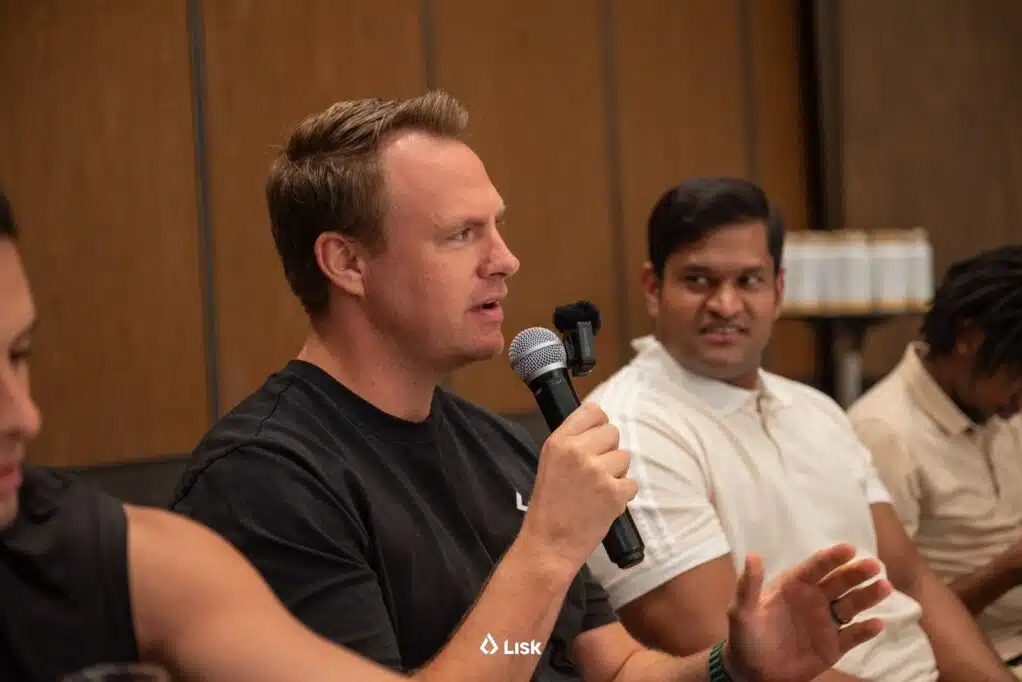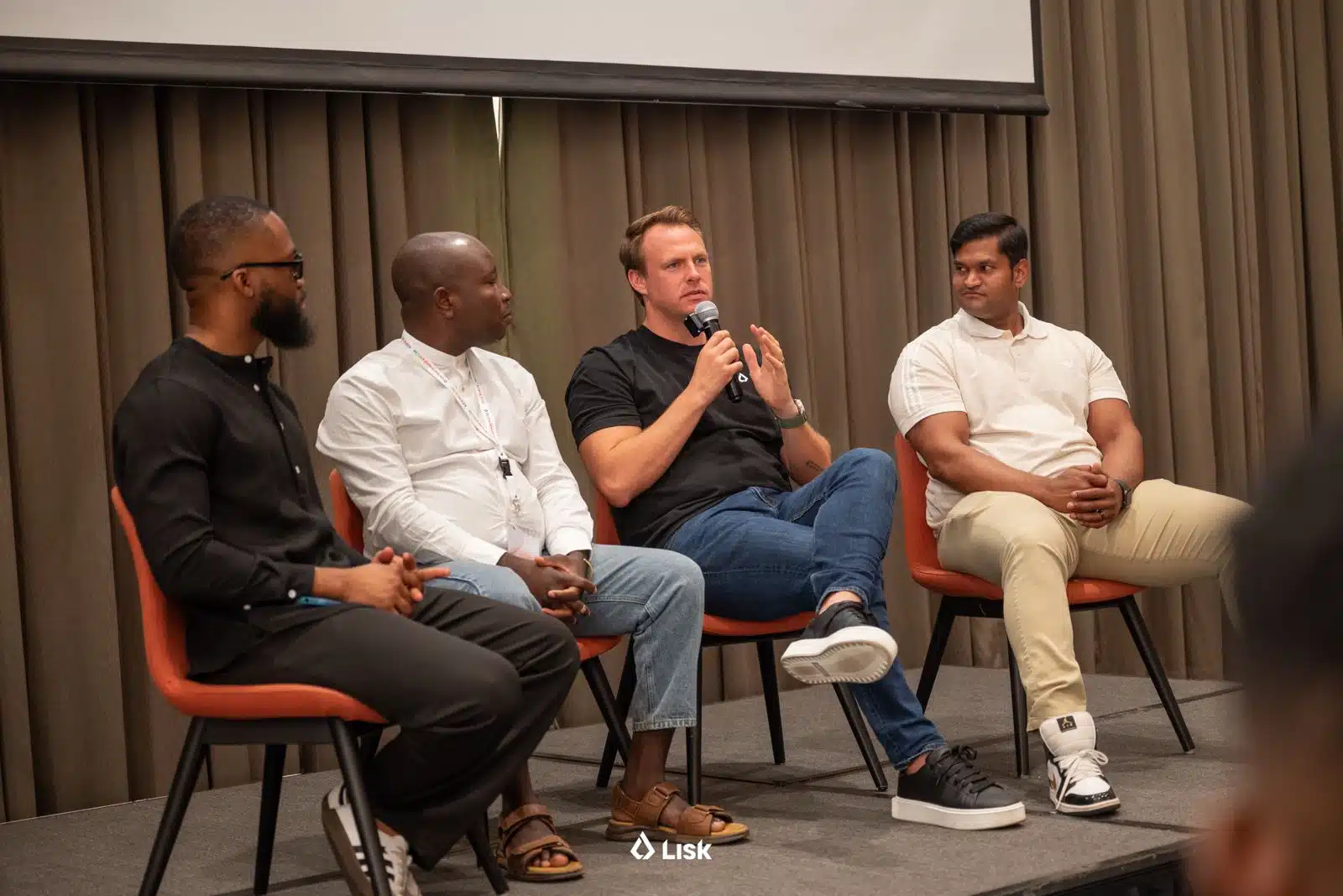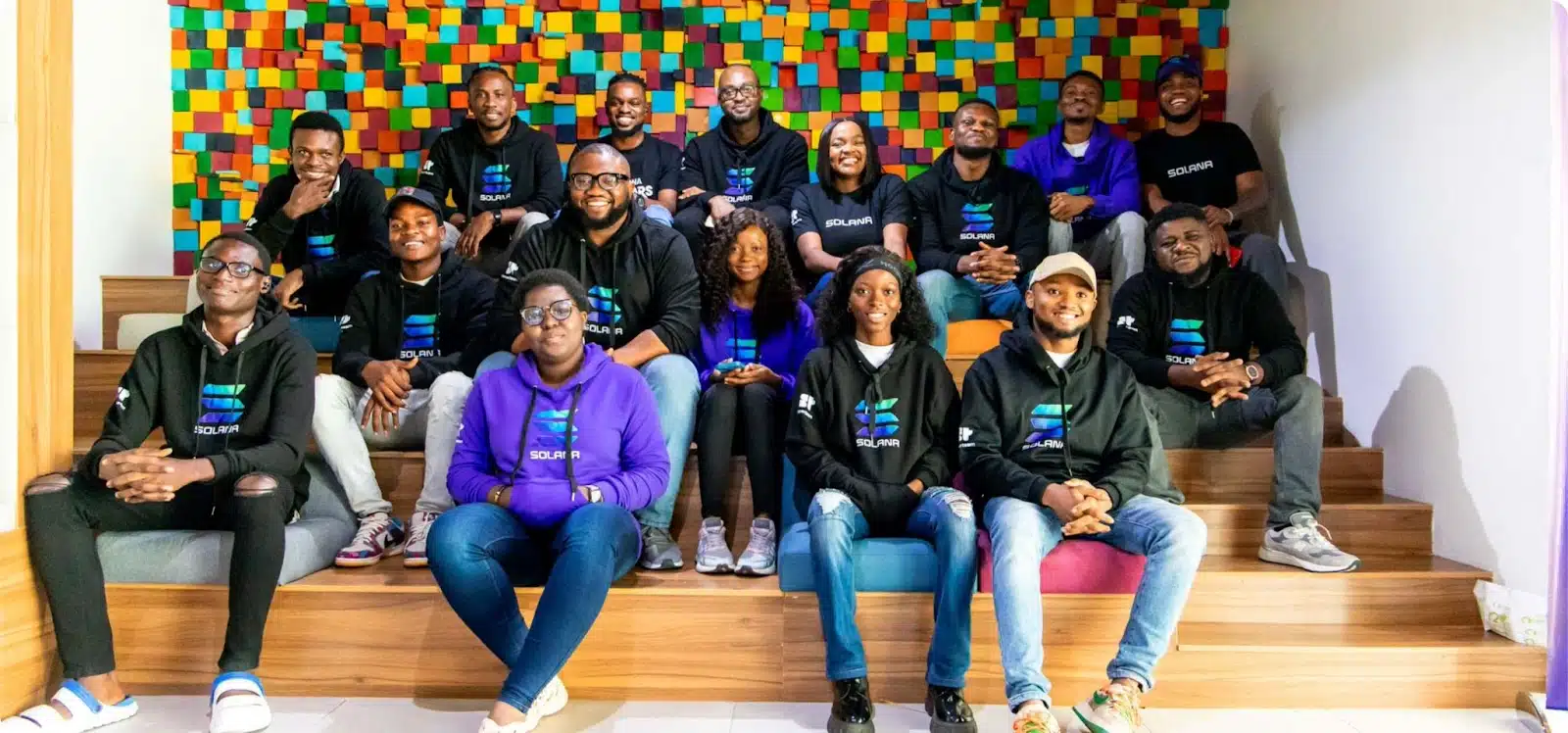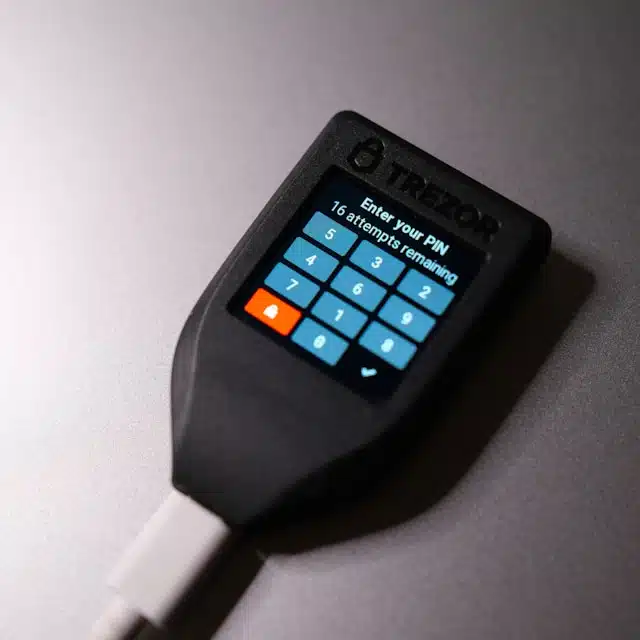Africa’s blockchain founders are learning a hard truth: leading with the “Web3” tag may actually scare off local investors. While the continent’s blockchain ecosystem is growing, traditional investors still see the space as risky.
At ETHSafari 2025 in Nairobi, investors like Gideon Greaves, Head of Investment at blockchain platform Lisk, and Brenton Naicker, Head of Growth at CV VC, argued that African founders should focus on the problems they are solving — not the technology powering them.
“One of the refreshing developments I’ve seen in the ecosystem, both globally and especially in Africa, is that founders are starting to realise there’s no such thing as a blockchain business,” Naicker said.
“You’re not building a blockchain business. You’re building an agritech, a fintech — but you’re just utilising a core infrastructure that is more efficient. That infrastructure layer is irrelevant to the end user.”
Naicker shared this perspective while speaking on the panel Fundraising and the African Startup Ecosystem alongside Greaves and Michael Lawal, Strategic Advisor at AyaHQ. He gave examples of startups building on Lisk that use blockchain infrastructure to solve real-world problems.
He cited Jamit and Afrkabal, which apply blockchain to the creator economy and agriculture sectors, respectively. Naicker went on to advise founders to focus on the solution rather than the technology, especially when pitching to local investors.
“The moment you say ‘I’m building a blockchain business,’ you cut off that entire segment of traditional investors,” he said. “The technology you are using to solve these problems really becomes irrelevant if you’re solving the problems appropriately.”
Even VCs use a different language for LPs

While founders may struggle to sell blockchain to traditional investors, venture capitalists face a similar challenge with limited partners (LPs) who back their funds.
According to Naicker, sentiment around the industry still unnerves many, including LPs. Greaves supported this view, noting that LPs perceive blockchain as a risky asset class and are reluctant to commit long term.

Victoria Fakiya – Senior Writer
Techpoint Digest
Stop struggling to find your tech career path
Discover in-demand tech skills and build a standout portfolio in this FREE 5-day email course
“When they want to come into this asset class, they are mainly looking for liquidity. They don’t want to be locked in for ten years because that is more akin to a typical venture fund,” he explained.
Yet Web3 startups solving real-world problems often grow at the same pace as their Web2 counterparts. In fact, the distinction between the two is becoming increasingly blurred. This is why Greaves suggests founders should avoid leading with technology when pitching to local investors.
“Not everything needs to have a token, and blockchain technology will increasingly sit beneath the main value proposition of a startup,” he said.
Naicker agrees, advocating the same approach with LPs. Selling blockchain, he argued, is far more difficult than selling the solution.
“If you start a conversation around doing an educational session about blockchain, it is very unlikely you’re going to convert,” he said.
Lawal shared a similar perspective, stressing the need for clarity when pitching. “If you can’t pitch your product clearly and an investor asks to be educated about your product, you’ve most likely lost them.”
The blockchain tag is still important
While investors encourage founders to focus on the solution rather than the technology powering it, there are still situations where emphasising the blockchain element is useful.
One such instance is when pitching to a VC that understands Web3 or specialises in Web3 investments. Naicker noted that it is often more realistic for early-stage Web3 startups to seek capital from such investors and focus their energy there in the beginning.
However, when it comes to building for a global market from Africa, some founders pointed out that the blockchain tag can matter. Naicker admitted that while global investors may care about the technology, there is a very low likelihood of them backing a pre-Series A startup.
“Global VCs don’t have an African market context, and almost none of them will invest before your Series A round. I’ve sat in investment committees with VCs based overseas and they’re asking if mobile money is a thing in Africa. Without that local context, they can only invest based on metrics — and those metrics typically come at Series A,” he said.
Although Lawal supported the idea of building for global markets, he urged founders to think about the African problem first.
“You’re first an African solving an African problem, but then exporting that solution to the global stage. When you understand this, you won’t make yourself sound smarter than the market you’re building for,” he explained.
For Greaves and the Lisk team, the future of blockchain lies in solving real-world problems. That vision is reflected in their support for startups like LoveCash, which is helping South Africa’s FMCG sector track informal trade using blockchain infrastructure without forcing traders to interact with crypto directly.
This “Web3 in the real world” trend is gaining momentum across Africa. Companies like Zone are reimagining payment infrastructure on blockchain rails, while Juicyway is using stablecoins to simplify cross-border transactions.
If the conversation at ETHSafari is anything to go by, the success stories of the next decade may not be those building for Web3 natives, but those quietly embedding blockchain into everyday life in Africa.











